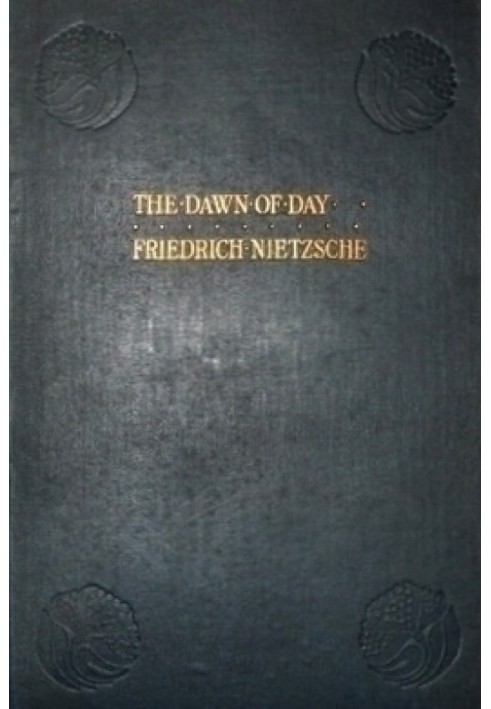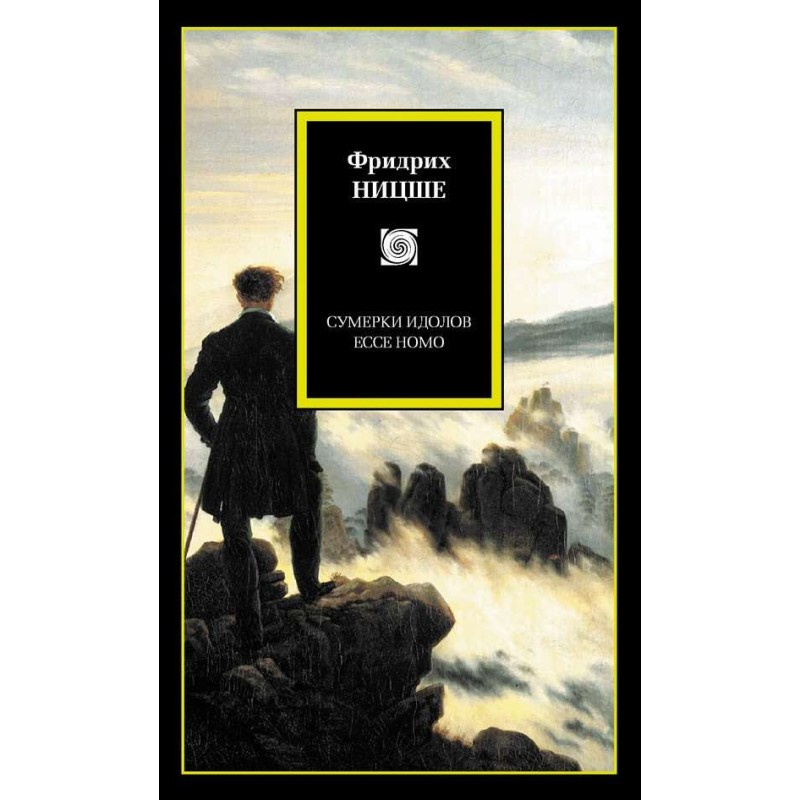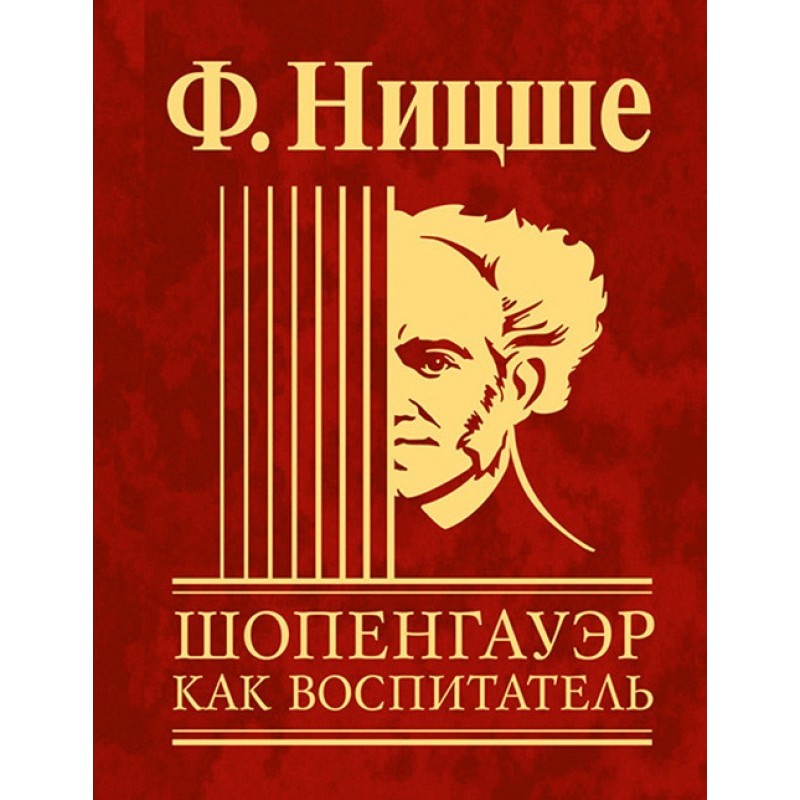The Dawn of Day
 Instant download
Instant download
after payment (24/7)
 Wide range of formats
Wide range of formats
(for all gadgets)
 Full book
Full book
(including for Apple and Android)
When Nietzsche called his book The Dawn of Day, he was far from giving it a merely fanciful title to attract the attention of that large section of the public which judges books by their titles rather than by their contents. The Dawn of Day represents, figuratively, the dawn of Nietzsche’s own philosophy. Hitherto he had been considerably influenced in his outlook, if not in his actual thoughts, by Schopenhauer, Wagner, and perhaps also Comte. Human, all-too-Human, belongs to a period of transition. After his rupture with Bayreuth, Nietzsche is, in both parts of that work, trying to stand on his own legs, and to regain his spiritual freedom; he is feeling his way to his own philosophy.The Dawn of Day, written in 1881 under the invigorating influence of a Genoese spring, is the dawn of this new Nietzsche. “With this book I open my campaign against morality,” he himself said later in his autobiography, the Ecce Homo. Just as in the case of the books written in his prime-The Joyful Wisdom, Zarathustra, Beyond Good and Evil, and The Genealogy of Morals-we cannot fail to be impressed in this work by Nietzsche’s deep psychological insight, the insight that showed him to be a powerful judge of men and things unequalled in the nineteenth or, perhaps, any other century.
Data sheet
- Name of the Author
- Фридрих Ницше Вильгельм
- Language
- Ukrainian
- Release date
- 2014



























